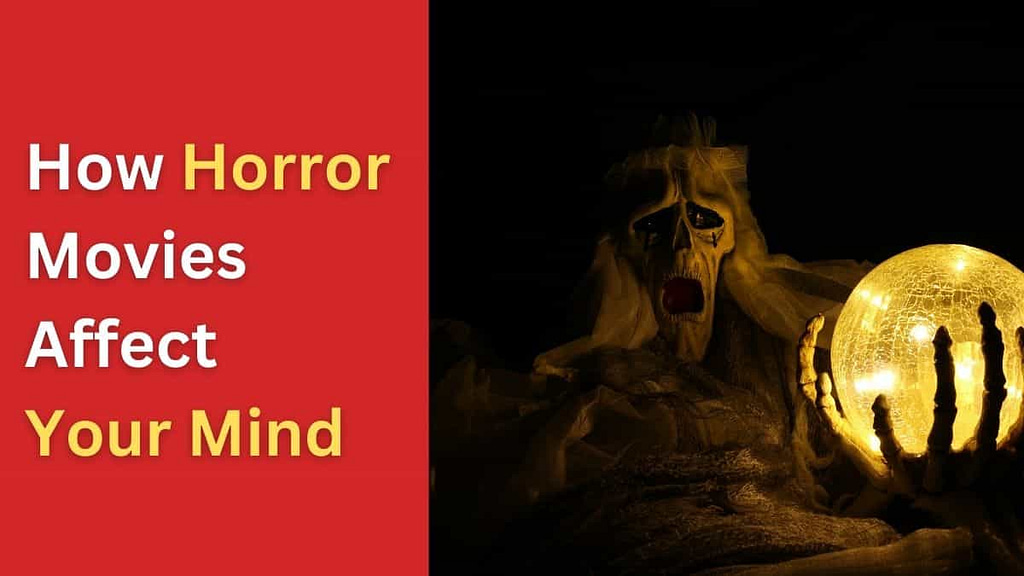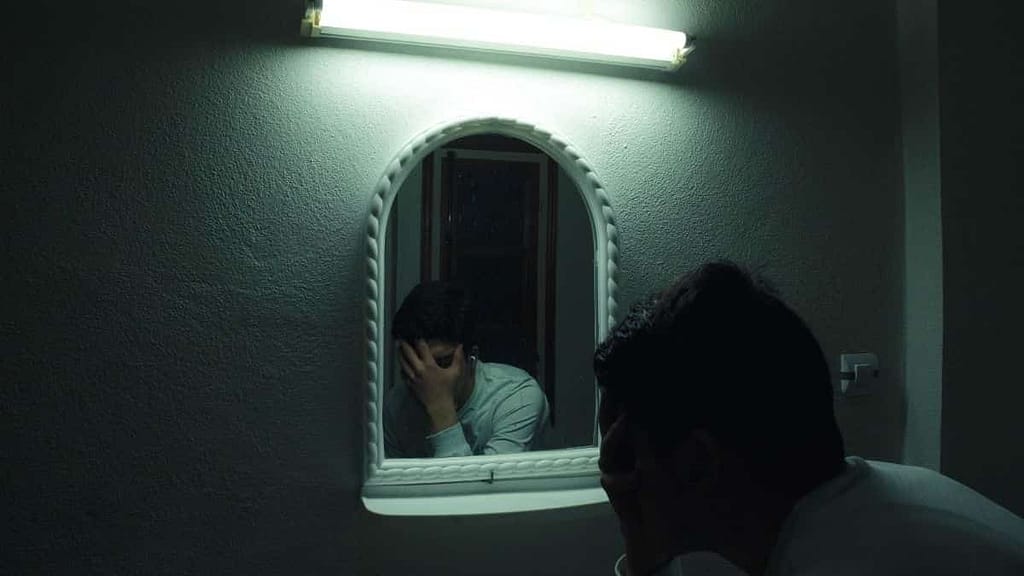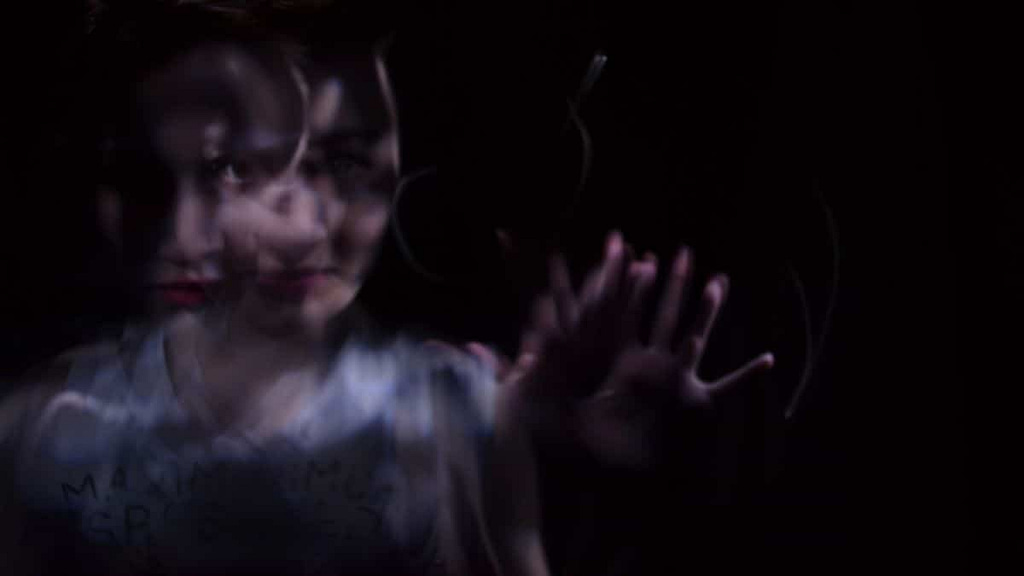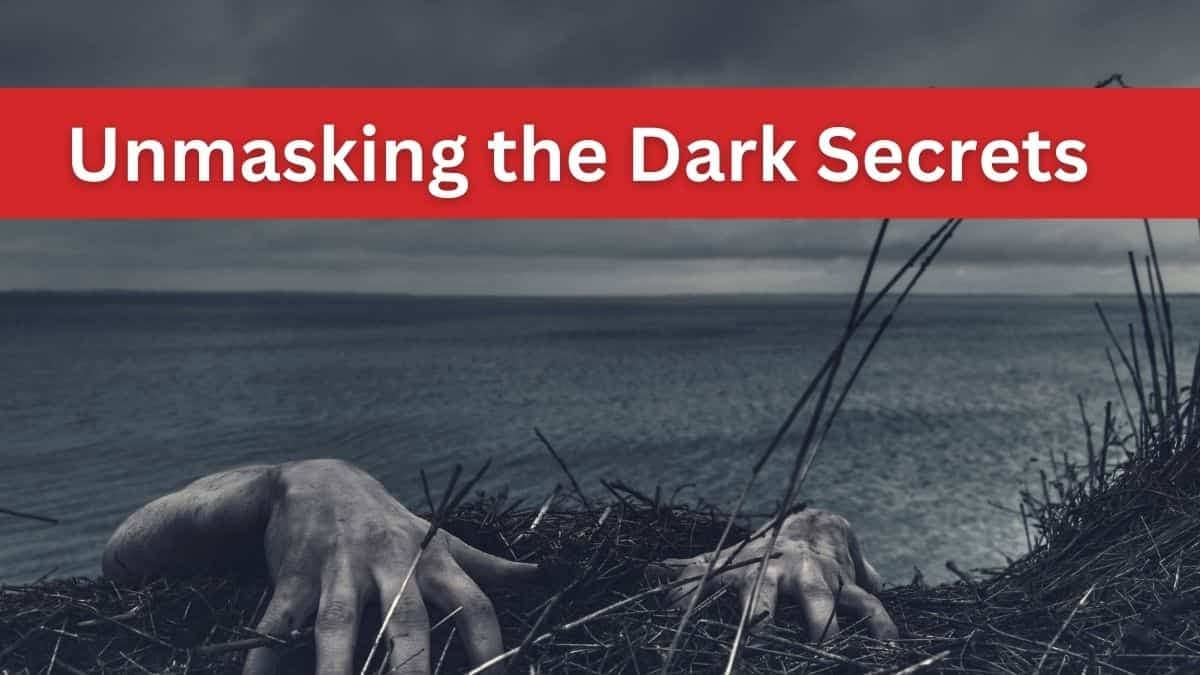Introduction:
The world of cinema has a darker side, one that plunges audiences into a realm of fear, suspense, and unease. Horror movies, a distinctive and captivating genre, have captured the imaginations of viewers for decades. But can horror movies cause trauma? From the spine-chilling classics like “The Shining” to the contemporary horrors of “Hereditary,” these films wield unparalleled power to evoke intense emotions. However, amid the screams and thrills, a question frequently emerges: can the experience of watching horror movies lead to genuine psychological trauma? In this exploration, we embark on a journey into the depths of the human psyche to unravel the enigma surrounding the potential long-term impact of these terrifying cinematic creations.

I. The Psychological Impact of Horror Films
1.1 Horror Movies and Trauma
The allure of horror movies often lies in their ability to shock and terrify, but can these intense experiences result in lasting trauma? We delve into the psychological repercussions of subjecting ourselves to cinematic fright.
Horror movies have been designed to provoke fear and suspense, often drawing us into nightmarish scenarios where supernatural entities, monsters, or human depravity take center stage. The intense emotional responses they elicit, such as heart-pounding anxiety and hair-raising fear, are part of their appeal. Many find the adrenaline rush and the temporary state of high alertness akin to riding a roller coaster. However, the question persists: can these visceral reactions lead to long-term psychological trauma?

1.2 Coping Strategies: Dealing with Fear in Movies
As viewers, we must navigate the fine line between exhilaration and distress while watching horror films. Discover effective coping strategies for managing fear and anxiety during and after movie viewing.
While some may argue that horror films have the potential to leave a lasting imprint on our psychological well-being, it’s essential to distinguish between the transient emotional responses during a movie and the long-term psychological effects. Most viewers experience fear, anxiety, and an increased heart rate during the film, but these effects are typically temporary. Once the credits roll and the lights come on, the fear tends to subside. However, the question of whether some individuals are more susceptible to lasting trauma remains a subject of debate.
II. Can Horror Movies Cause Trauma?
2.1 The Effects of Horror Films on Mental Health
Do horror movies have a measurable impact on our mental well-being? We examine the research surrounding the psychological consequences of prolonged exposure to terrifying cinematic experiences.
To truly understand the potential for horror movies to cause trauma, we must delve into the intricacies of the human mind. When we watch a horror movie, our brains undergo a complex process. They release stress hormones, such as adrenaline, which heighten our senses and trigger the fight-or-flight response. These physiological reactions are normal responses to perceived threats, and they serve to prepare us to confront or escape danger. However, these reactions are temporary, and they usually return to baseline levels once the fear-inducing stimulus is removed. In essence, our brains are wired to respond to fear, but this response is typically adaptive and short-lived.

2.2 Responsible Horror Movie Viewing: Parental Guidance and Children
For parents, understanding the effects of horror films on children is crucial. Learn about the importance of parental guidance and age-appropriate movie choices to protect young viewers from potential trauma.
Vulnerable populations, such as children, adolescents, and individuals with pre-existing mental health conditions, may be more susceptible to experiencing distress or anxiety while watching horror films. Parents and guardians play a pivotal role in determining whether horror movies are suitable for their children. It is crucial to consider a child’s age, maturity level, and ability to distinguish between fiction and reality before permitting them to watch such films. Additionally, discussing the content and potential emotional reactions with children can provide guidance and reassurance.
III. Desensitization vs. Catharsis
3.1 Horror Film Desensitization
Is it possible that repeated exposure to horror movies leads to desensitization, blunting our emotional responses to real-world violence and fear? We explore this controversial theory.
One argument in favor of horror movies causing trauma is the potential for desensitization. Over time, repeated exposure to graphic violence and terrifying scenarios can lead to a diminished emotional response. Some argue that this desensitization might carry over into real-life situations, making individuals more indifferent to violence or suffering. However, the evidence on desensitization remains a subject of debate. Research on the desensitization hypothesis is mixed. While some studies suggest that repeated exposure to violent media can reduce emotional responsiveness, others find no significant correlation between exposure to horror movies and real-life desensitization to violence. It is essential to consider the multitude of factors influencing desensitization, such as an individual’s personality, upbringing, and social environment.
3.2 Catharsis Through Horror: Can It Heal or Harm?
Psychologists have proposed that watching horror movies can serve as a form of catharsis—an emotional release or purification. Discover the potential healing and harming aspects of this experience.
Psychologists have proposed that watching horror movies can serve as a form of catharsis—an emotional release or purification. The theory is that experiencing fear in a controlled environment allows viewers to confront their anxieties and fears, ultimately leading to a sense of relief and emotional cleansing. This perspective suggests that, far from causing lasting trauma, horror films may provide a therapeutic release for pent-up emotions and fears.

IV. Can horror movies cause PTSD?
The question of whether horror movies can cause Post-Traumatic Stress Disorder (PTSD) is a topic of debate within the realm of psychology and cinema. While horror films are designed to elicit fear and anxiety, they are fictional narratives created for entertainment. PTSD typically results from real-life traumatic experiences, such as war, accidents, or physical assaults, where individuals perceive a genuine threat to their life or well-being.
While watching a horror movie can indeed trigger intense fear and distress, it is generally understood that these emotions are temporary and dissipate once the movie ends. Moreover, individuals watching a horror film are typically aware that they are in a safe and controlled environment, distinguishing fiction from reality. As a result, horror movies, while capable of inducing acute fear, are not considered a direct cause of PTSD. However, it is crucial to acknowledge that individuals with a history of trauma or pre-existing anxiety disorders may be more vulnerable to extreme reactions when exposed to horror content, and should approach such films with caution.
V. Are horror movies bad for you?
The impact of horror movies on individuals varies widely. While they can be thrilling and enjoyable for many, they can also be distressing for some viewers. Horror movies are designed to provoke fear and suspense, and the physiological responses they elicit, such as increased heart rate and anxiety, are part of their appeal. For most people, these reactions are temporary and do not result in long-term harm.
However, individuals with pre-existing anxiety disorders or a history of trauma may experience more profound and lasting negative effects. Therefore, whether horror movies are “bad” for you depends on your individual psychological resilience and preferences. Responsible viewing, self-awareness, and understanding one’s limits are key factors in determining whether horror movies can be a negative or enjoyable experience.
Conclusion
In conclusion, our journey into the world of horror films has unraveled the intricate relationship between cinematic fear and genuine psychological trauma. While horror movies hold the power to thrill and entertain, they also come with potential risks. Understanding the psychological impact, employing effective coping strategies, and embracing responsible viewing practices are essential steps in striking a balance between exhilaration and emotional well-being.
While the question of whether horror movies can cause lasting trauma remains complex, it is essential for individuals to make informed choices regarding their consumption of horror media. Responsible viewing, self-awareness, and understanding one’s limits are key to enjoying horror movies without the risk of long-term psychological harm.
By integrating these focus keywords into your subheadings and content, you can enhance the article’s SEO while providing valuable information to your readers. Remember to maintain a natural flow in your writing to ensure readability and engagement.
Frequently Asked Questions (FAQ)
Q1: Can horror movies cause sleep paralysis?
A1: While horror movies can be intense and frightening, they do not directly cause sleep paralysis. Sleep paralysis is a sleep disorder linked to disrupted sleep cycles and occurs independently of movie viewing.
Q2: Are horror movies a sin?
A2: Whether horror movies are considered a sin depends on individual beliefs and religious or moral convictions. Some people may view certain content in horror movies as morally objectionable, while others see them as a form of entertainment.
Q3: Can horror movies kill you?
A3: Horror movies cannot physically harm or kill viewers. However, extreme reactions to horror content, such as heart palpitations or panic attacks, are possible, especially in individuals with pre-existing medical conditions.
Q4: How do horror movies affect the brain?
A4: Horror movies activate the brain’s fear response, leading to the release of stress hormones. This, in turn, can result in a heightened heart rate, increased anxiety, and heightened sensory perception. It’s important to note that these effects are usually temporary and are part of the immersive experience of watching such films.
Q5: Are horror movies real?
A5: Horror movies are fictional narratives created for entertainment. While they may draw inspiration from real-life events or urban legends, the events depicted in horror films are not real.
Q6: When were horror movies most popular?
A6: Horror movies have had various peaks in popularity throughout cinematic history. The 1930s and 1940s saw the rise of classic Universal horror films, while the late 20th century brought about a resurgence in popularity with the “slasher” and supernatural horror genres. Today, horror remains a prominent and diverse genre in the film industry.
Q7: Why are horror movies considered bad?
A7: Horror movies are not universally considered “bad.” People’s opinions on horror films vary widely. Some individuals may find them disturbing or unpleasant due to the intense emotional reactions they provoke, while others enjoy the thrills and suspense they offer as a form of entertainment.
You May Also Like
10 Best Horror Movies to Haunt Your September 2023
Saw X 2023: Release Date, Cast, Plot, Trailer, and Everything We Know About the New Horror Movie
The Creator: Release Date, Cast, Trailer, Mind-Blowing Plot, and All You Need to Know
Wonka 2023: The Ultimate Guide to the Timothée Chalamet Reboot
The Expendables 4: Release Date, Cast, Trailer, and All You Need to Know
